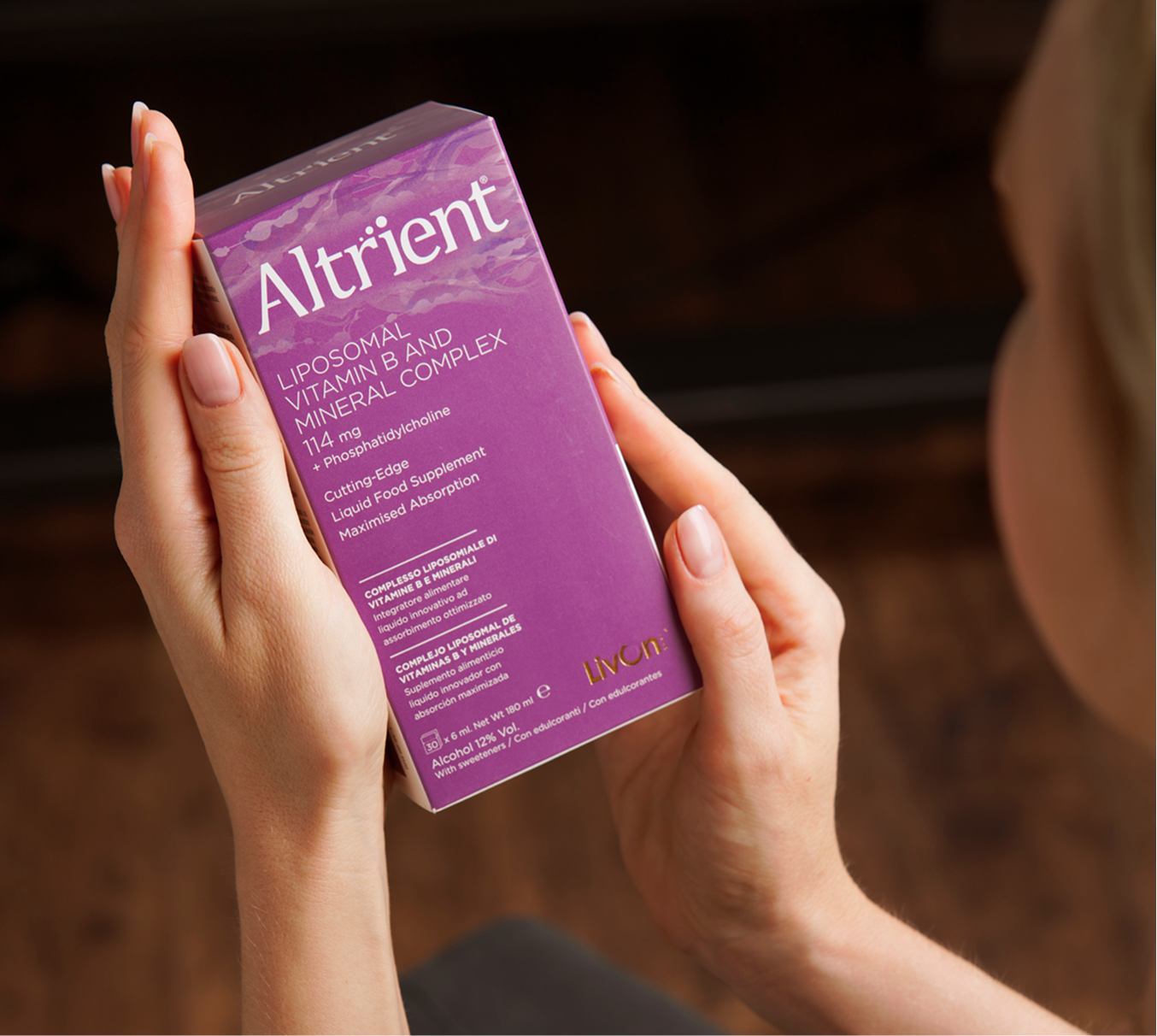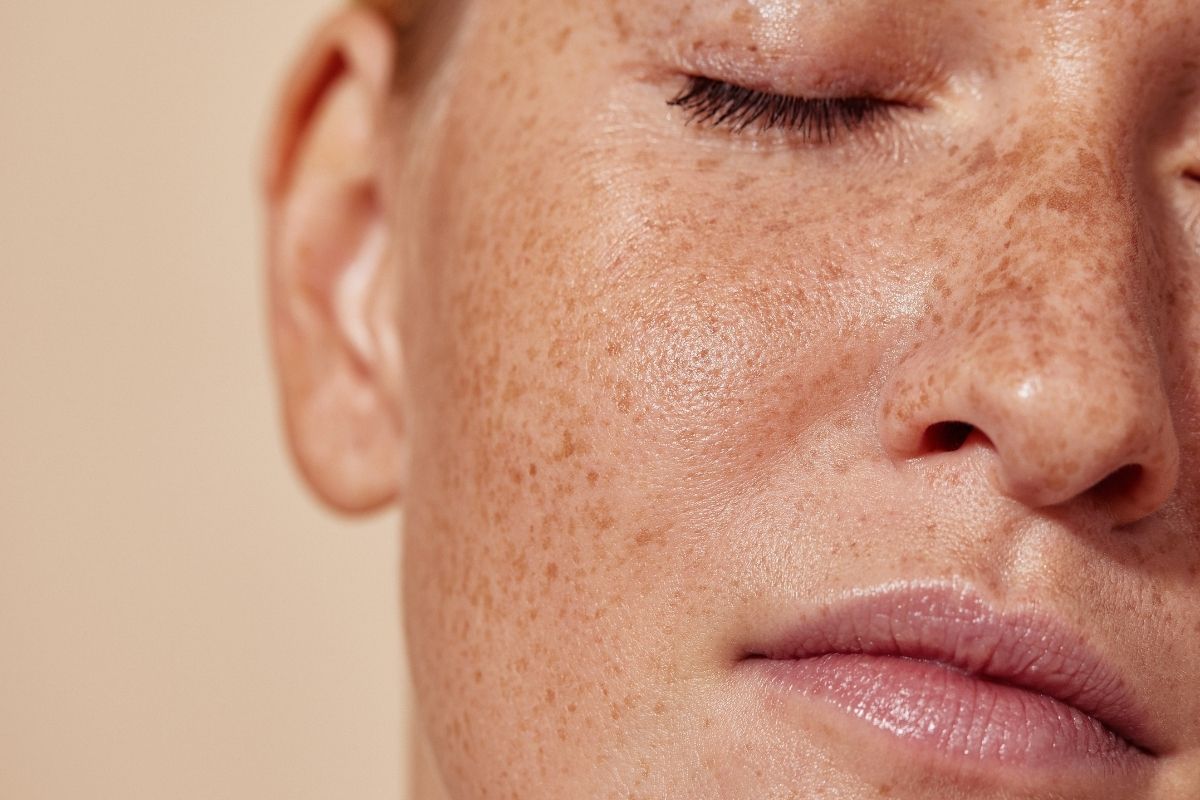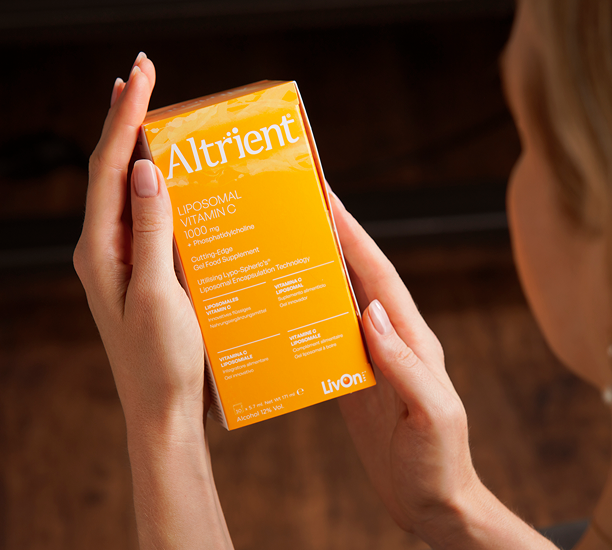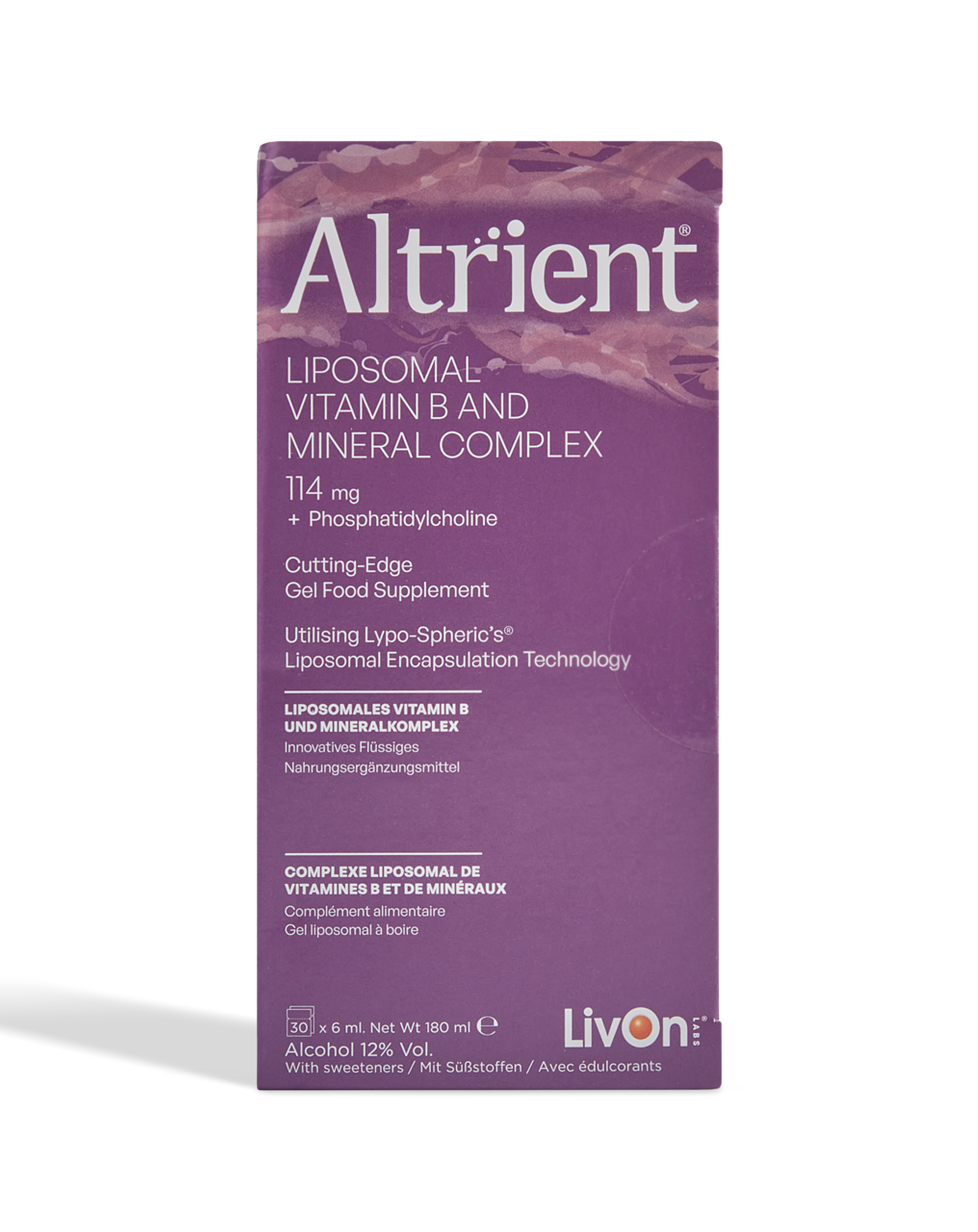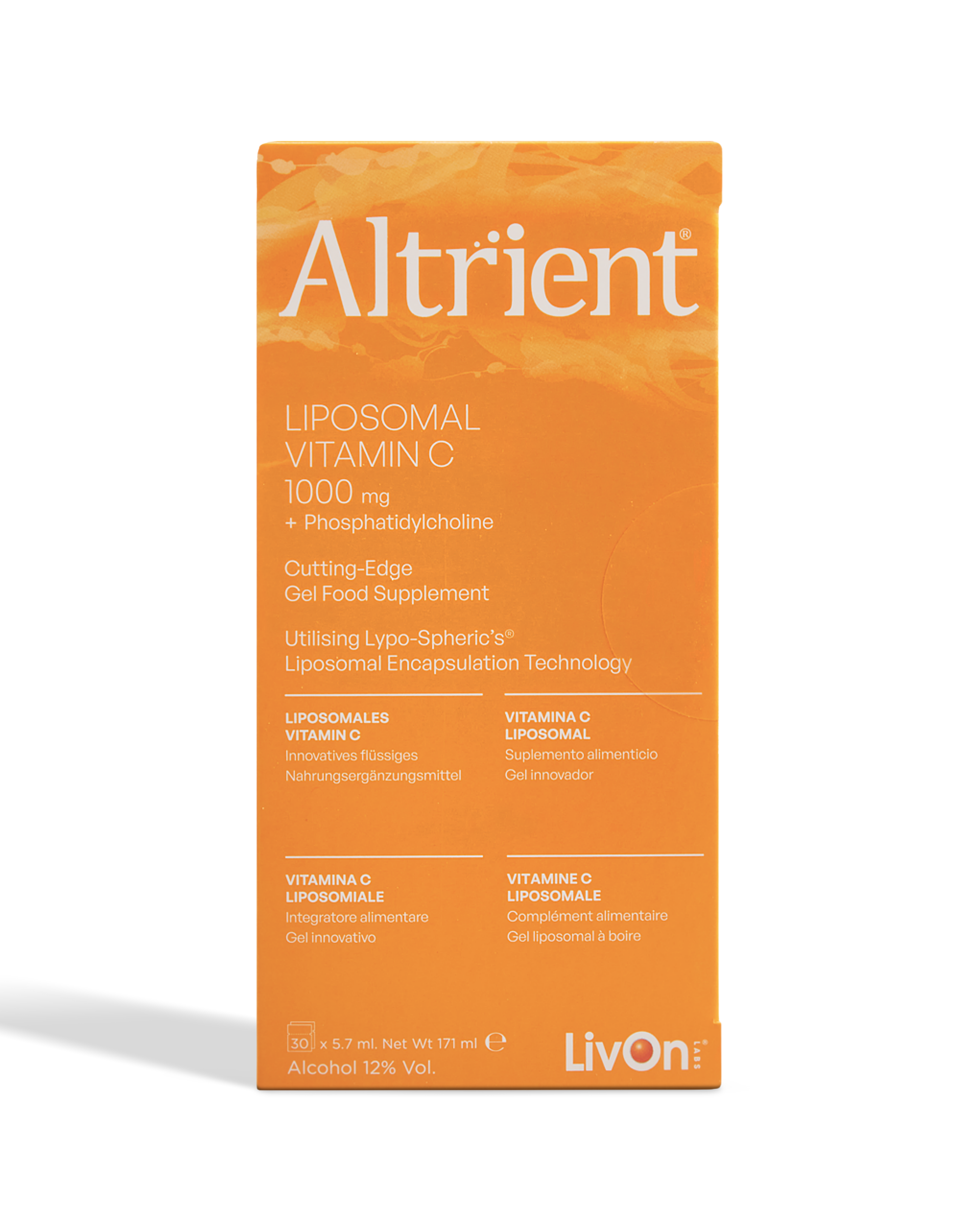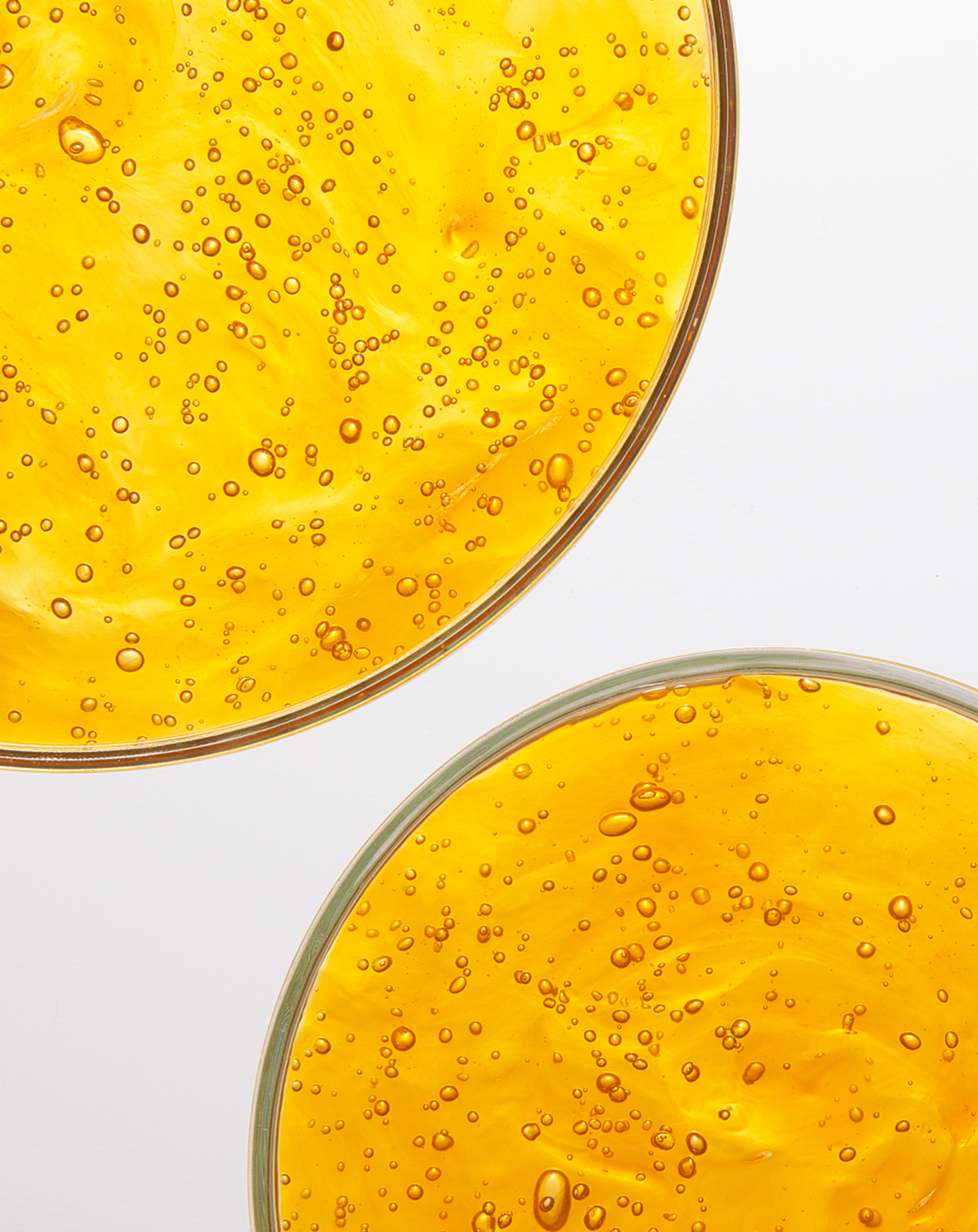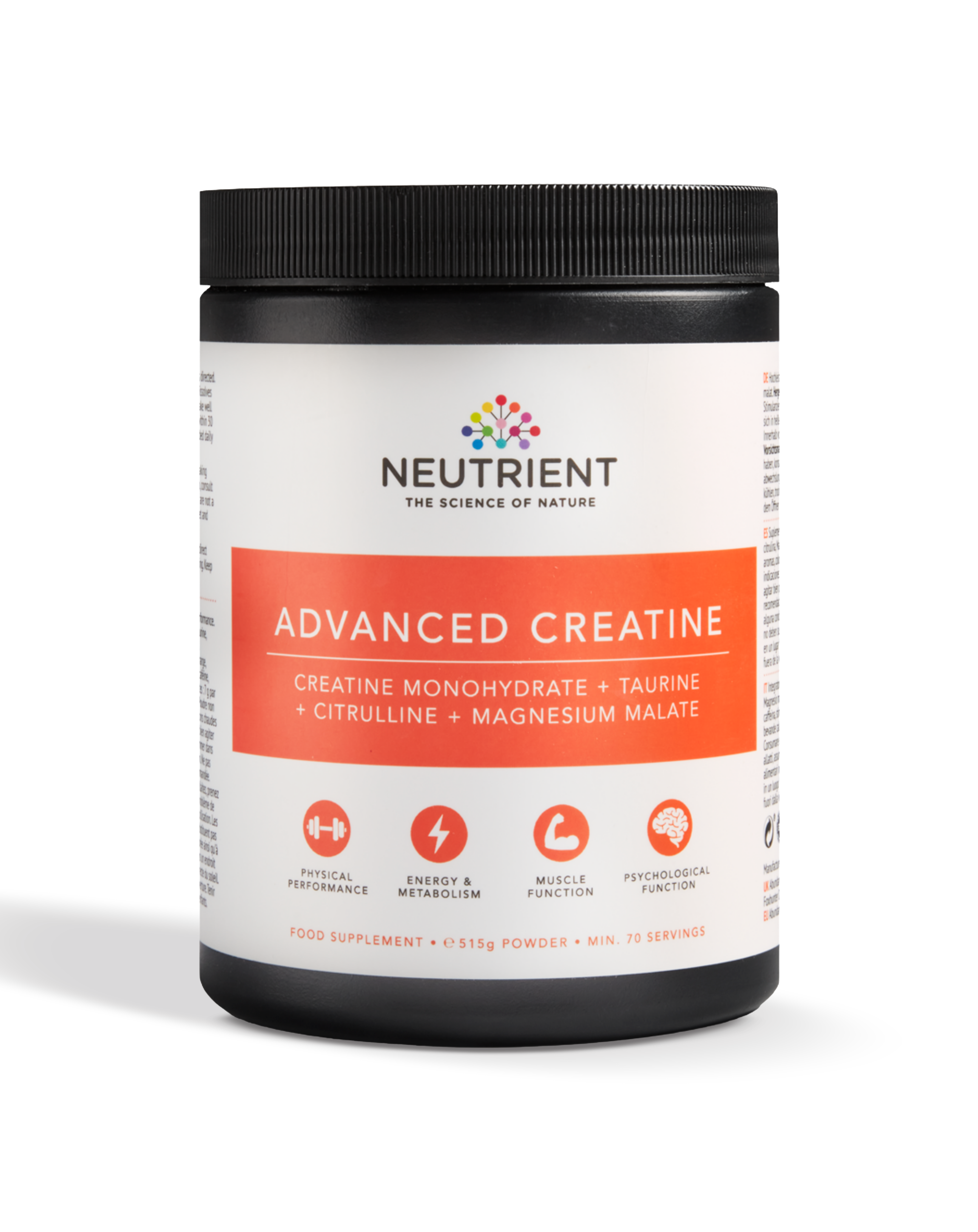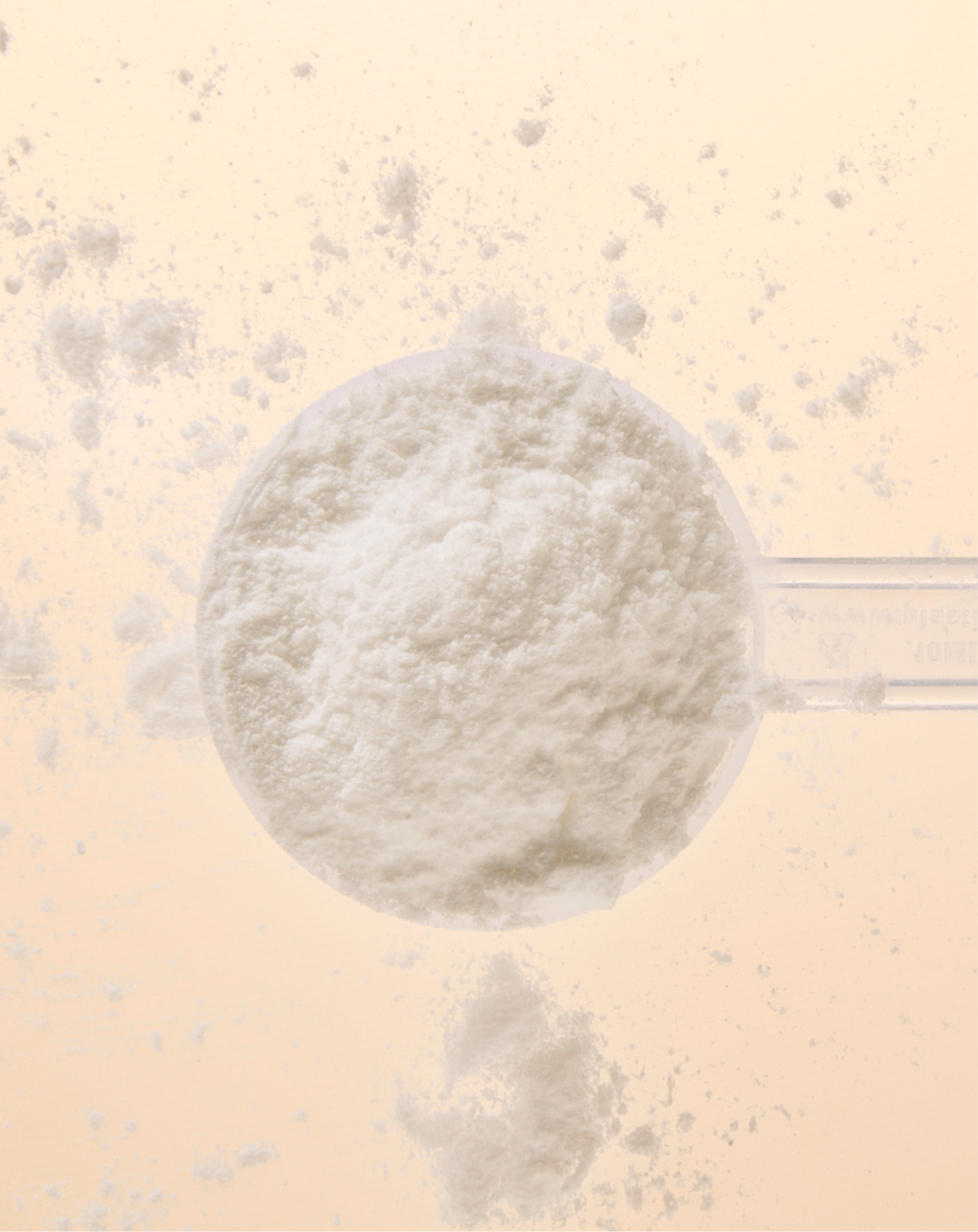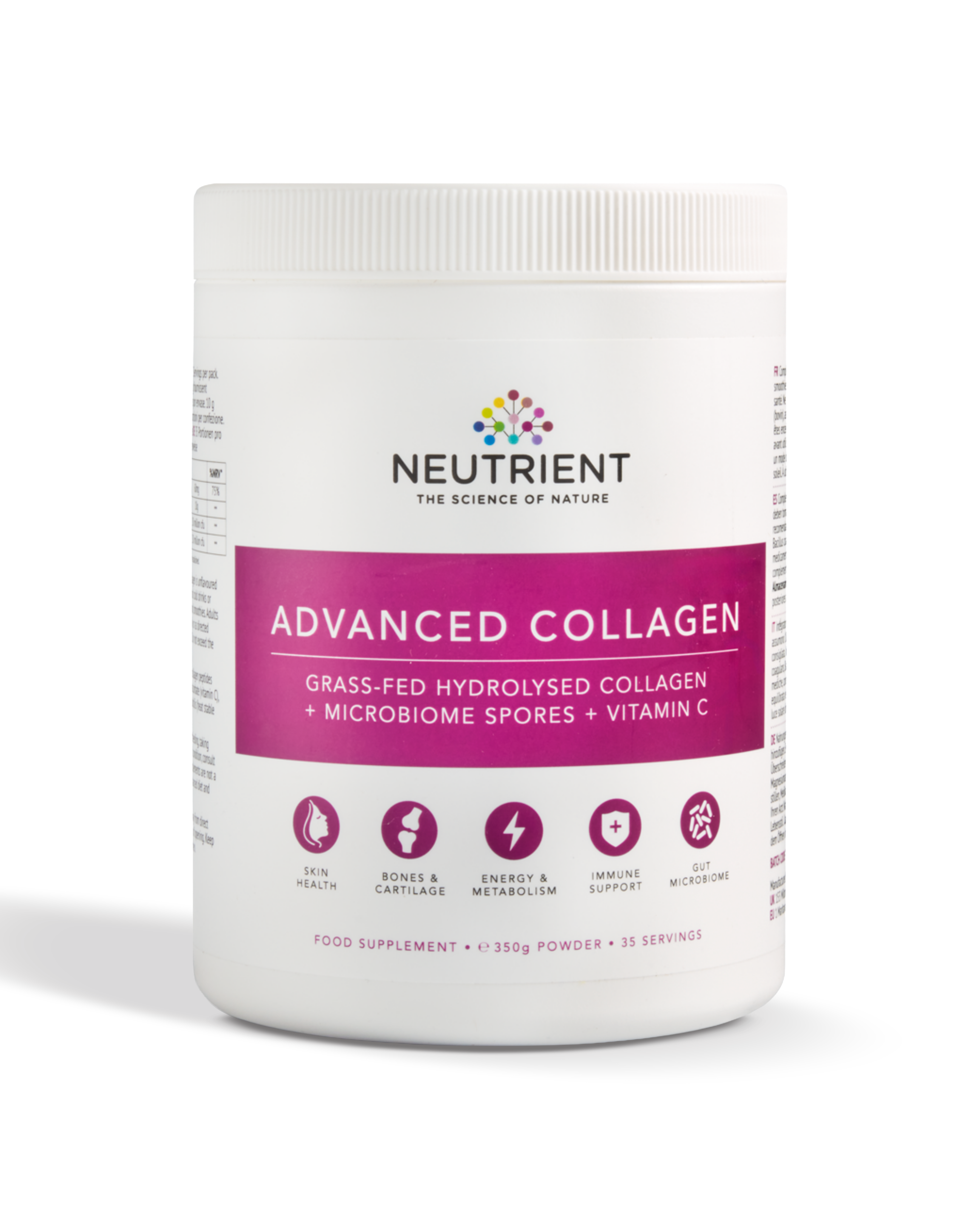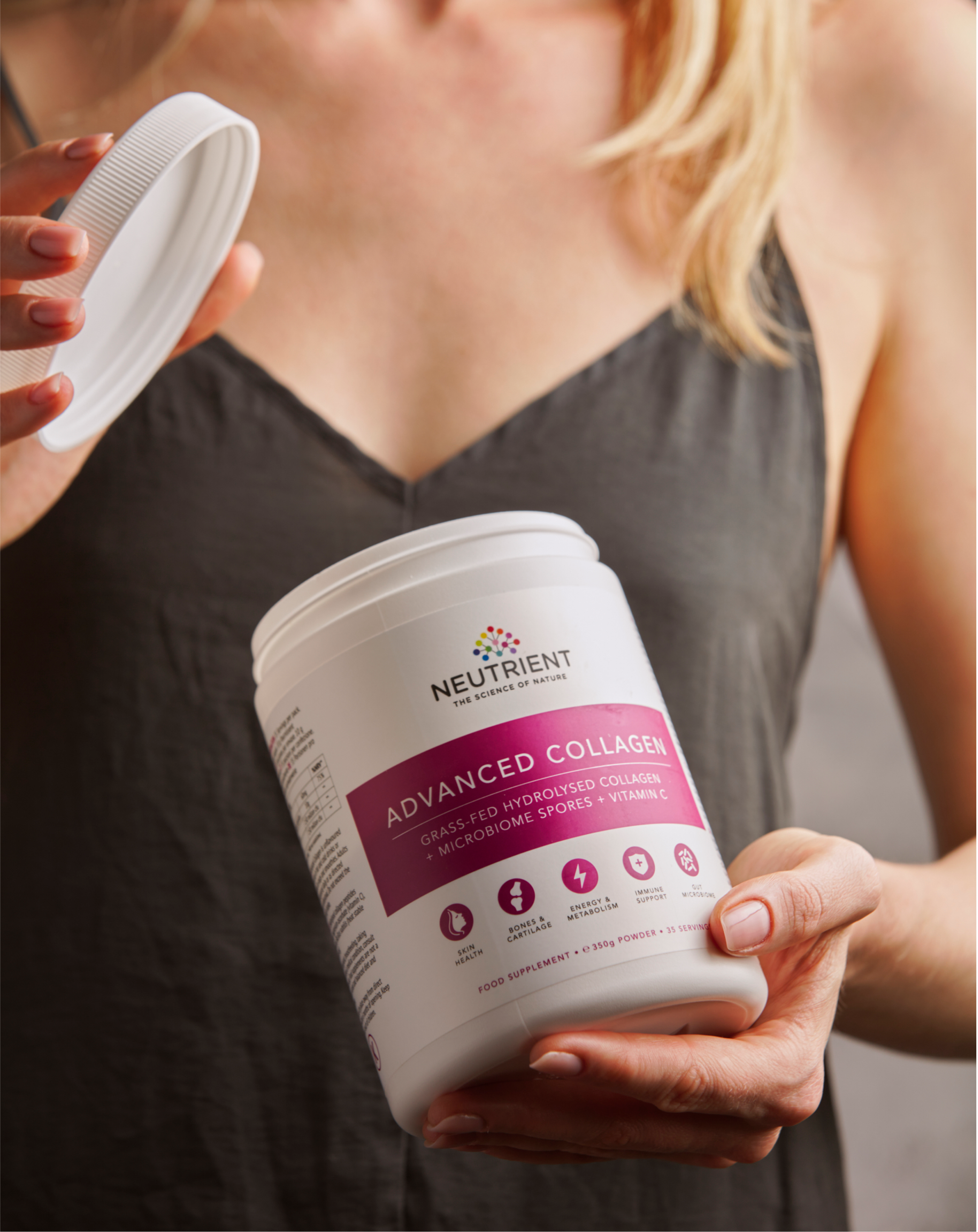
Let’s talk about bones. But let’s get one thing straight: they are not invincible and they definitely don't come with a lifetime guarantee. Their job is to keep you upright and help you reach the t...

As the calendar flips into a new year, like many others, you might be thinking about a fresh start. Maybe a new diet, gym membership or fitness challenge. But what if something really simple could ...

Chaque année, à la rentrée, beaucoup ressentent le même scénario : une fatigue persistante, une baisse de moral, une vulnérabilité accrue aux infections. Ces symptômes récurrents sont souvent liés ...

Feeling sluggish, foggy, or just plain tired? Most people think a little more coffee or an early night is the answer, but sustained energy depends on more than quick fixes; it starts at the cellula...

Christmas is definitely the season for all things food! It’s a time when many people make a real effort to cook from scratch and enjoy a more varied selection of vegetables than they might normally...

Blood sugar fluctuations are more common than most people realise and they can affect energy, mood, sleep, and even long-term health. While we often associate blood sugar issues with diabetes, subt...

Research shows that GLP-1 medications can be highly effective for weight loss, with studies reporting an average loss of 15–17 kg over one year for a person weighing 100 kg. But studies also sugges...

Summer is one of the most liberating seasons, a time to really let your hair down and enjoy the sunshine. From weekend getaways and outdoor concerts to full-blown music festivals, it's hard to resi...

Is Intermittent Fasting Secretly Sabotaging Your Hair? Intermittent fasting is all the rage these days on social media, hailed for everything from weight loss to reduced risk for Alzheimer's diseas...
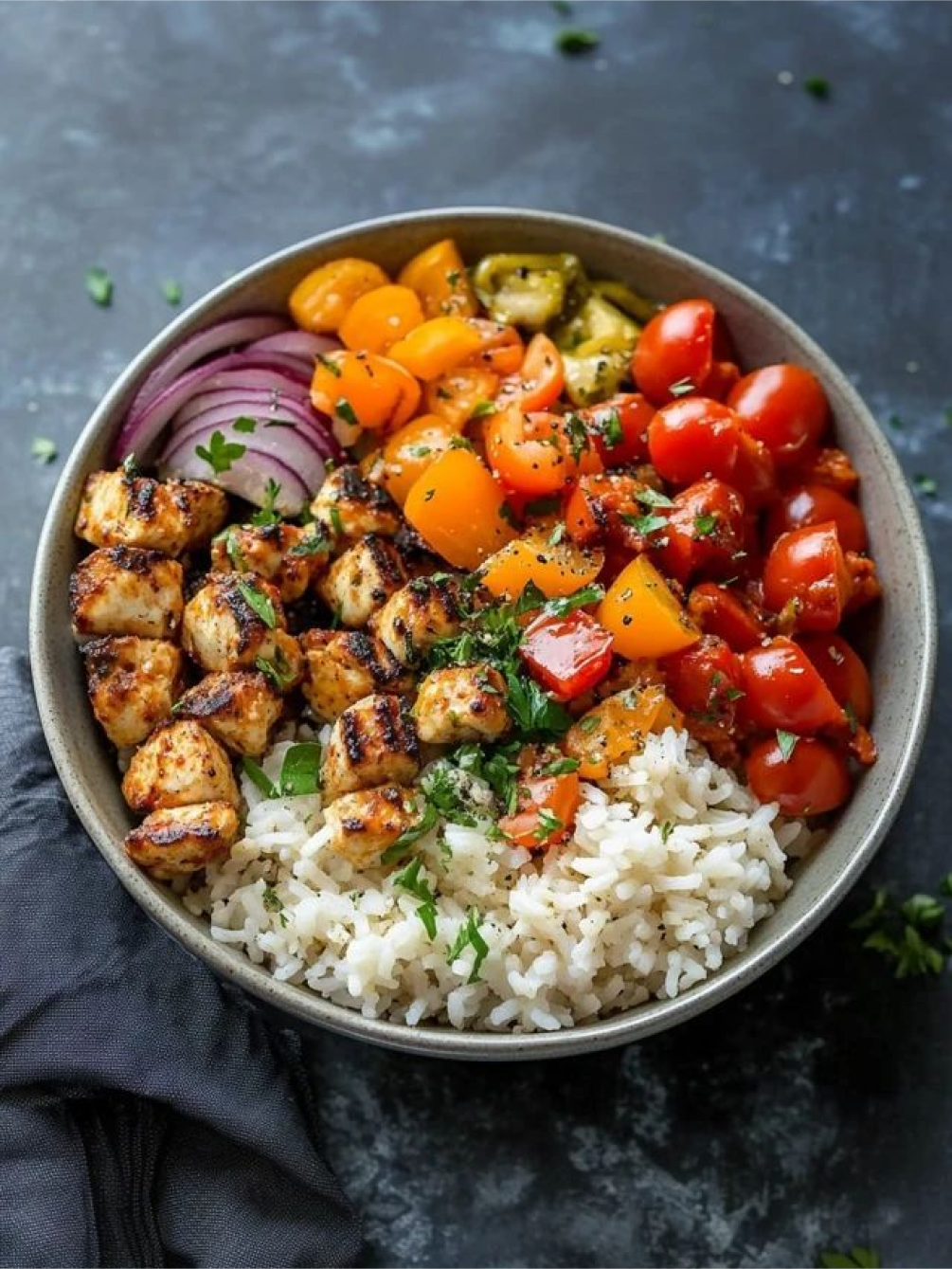
The human immune system is a marvel of biological engineering, a silent and sophisticated network of defence molecules that work tirelessly to neutralise external threats like viruses and bacteria ...
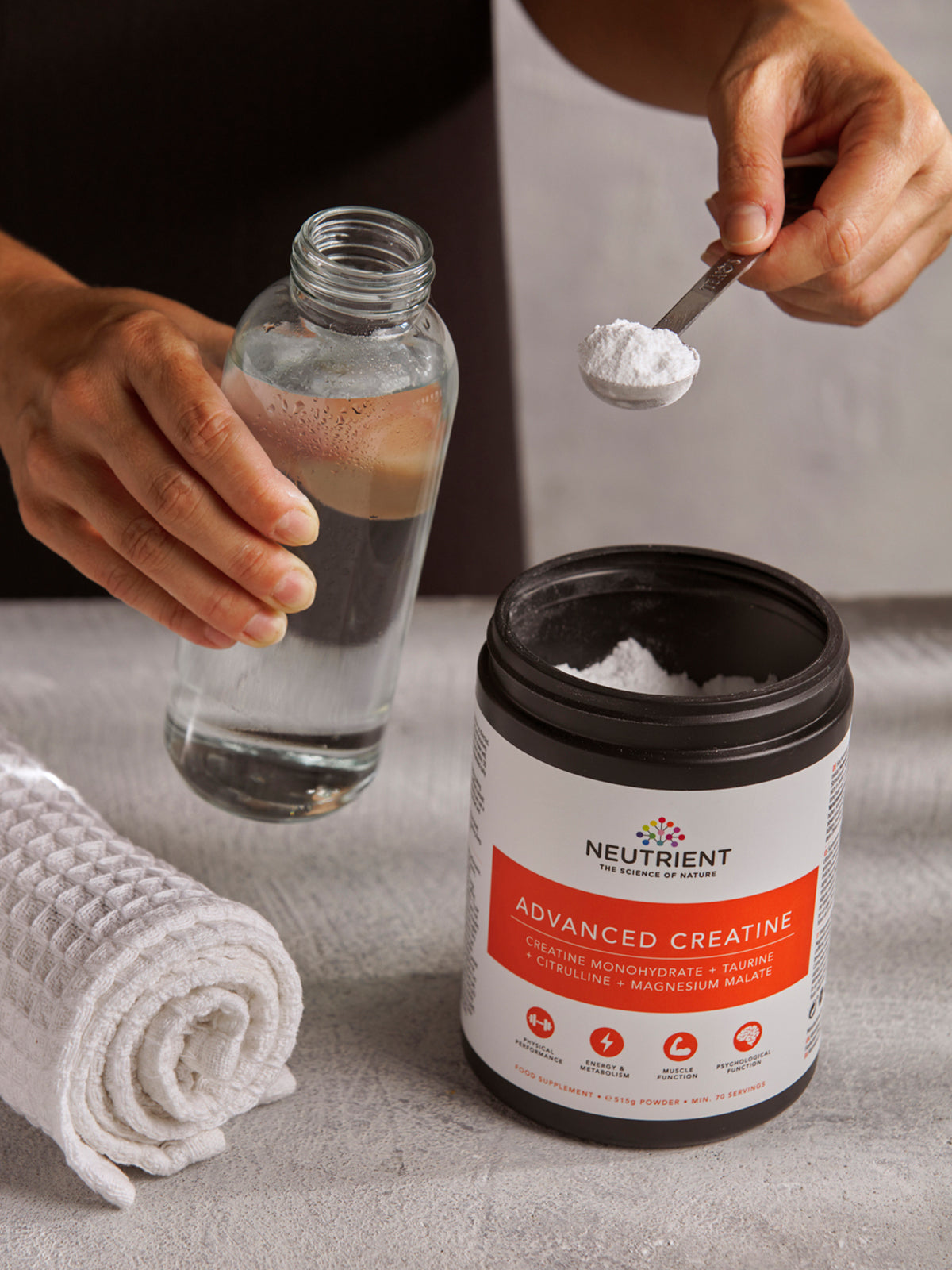
We’re thrilled to introduce Neutrient Advanced Creatine, the newest innovation in our supplement lineup. With so many creatine options available, choosing the right one can be overwhelming—that’s w...

Creatine Monohydrate is a widely recognized dietary supplement, particularly valued in the sports and fitness industry. Athletes and fitness enthusiasts use it to enhance athletic performance, supp...

Vitamin D is often dubbed the “sunshine vitamin,” but this commonly used term only tells half the story. While it’s true that our bodies can make vitamin D when exposed to sunlight, many people are...

How to Energise Your Brain With age, you may notice changes in your energy levels and mental sharpness. Although this is common, it's not an inevitable part of growing old. Many people who stay act...

According to the World Health Organization, 1 in 6 people worldwide will experience infertility at some stage in their lives.1 As more individuals seek out natural ways to improve their chances of ...



